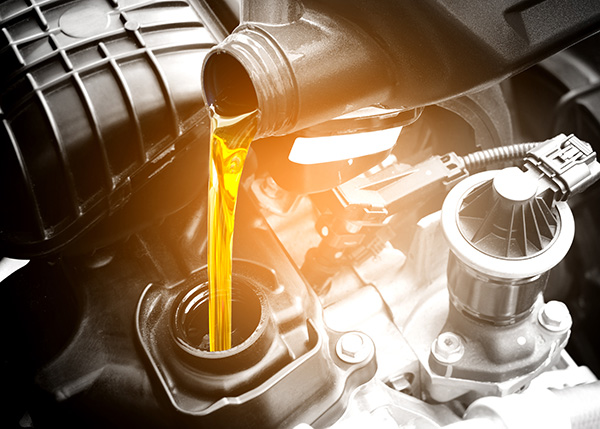
If you drive a German vehicle—like a BMW, Audi, Mercedes-Benz, or Volkswagen—you’ve probably been told that synthetic oil is a must. That’s not just advice; in most cases, it’s a requirement. These engines are engineered differently, with performance and durability in mind, and that means they place more stress on the oil that keeps everything running.
We’ll explain why synthetic oil is essential for German cars and what distinguishes it from conventional options.
German Engines Run Hotter and Cleaner
Many German engines are built to deliver more power from smaller, turbocharged platforms. That means higher compression, more heat, and tighter internal clearances. These engines are efficient, but they run hotter than most and require an oil that won’t break down under thermal stress.
Synthetic oil is engineered to resist thinning at high temperatures and maintain its viscosity longer than conventional oil. That means it keeps lubricating and protecting even when your turbo is spinning or you're stuck in traffic on a hot day in Kearny.
Oil And Engine Performance
In most German vehicles, the oil does more than just reduce friction—it helps with variable valve timing, turbo cooling, hydraulic lifters, and other advanced systems. If the oil can’t hold up under pressure or loses its properties too soon, it affects the performance of the engine in ways you’ll feel behind the wheel.
Synthetic oil offers better resistance to sludge and varnish buildup, two things that quickly reduce efficiency and increase wear. For high-performance models, this makes all the difference between smooth power delivery and frustrating drivability issues.
Longer Service Intervals Need Better Oil
German automakers often recommend oil changes every 10,000 miles or more. That interval is only safe when using the exact synthetic oil that meets their strict standards. These oils are formulated to last longer without breaking down, even under extended use.
Using a cheaper, non-synthetic oil or one that doesn’t meet the manufacturer’s specification won’t get you safely to the next interval. It might not trigger an immediate failure, but it can lead to long-term engine wear and costly repairs down the road.
Manufacturer-Specific Oil Standards
Each German brand has its own list of approved oil specs—like BMW LL-01, VW 502 00, or Mercedes MB 229.5. These standards ensure that the oil can meet their requirements for oxidation resistance, temperature stability, and low ash content for emissions systems.
Not all synthetic oils meet these specifications, even if the label says "synthetic." That’s why using the right oil isn't just a suggestion—it’s critical to maintaining your warranty and your engine’s health.
What Happens If You Use the Wrong Oil
Using the wrong type of oil in a German vehicle may not cause problems overnight, but it will accelerate internal wear. You might start to notice:
- Increased engine noise
- Sluggish acceleration
- Poor fuel economy
- Trouble starting in cold weather
- Premature engine sludge or deposits
In severe cases, it can damage sensitive components like the turbocharger, timing chain, or oil-driven variable valve systems—all expensive parts to replace.
Autobahn Auto Repair – German Car Specialists in Kearny, NJ
At Autobahn Auto Repair, we specialize in maintaining German vehicles with the correct fluids, parts, and attention to detail they need. If it’s time for your next oil change, don’t trust your engine to just any shop. Our team in Kearny uses factory-approved synthetic oils and follows brand-specific procedures to keep your car running like it just left the Autobahn.